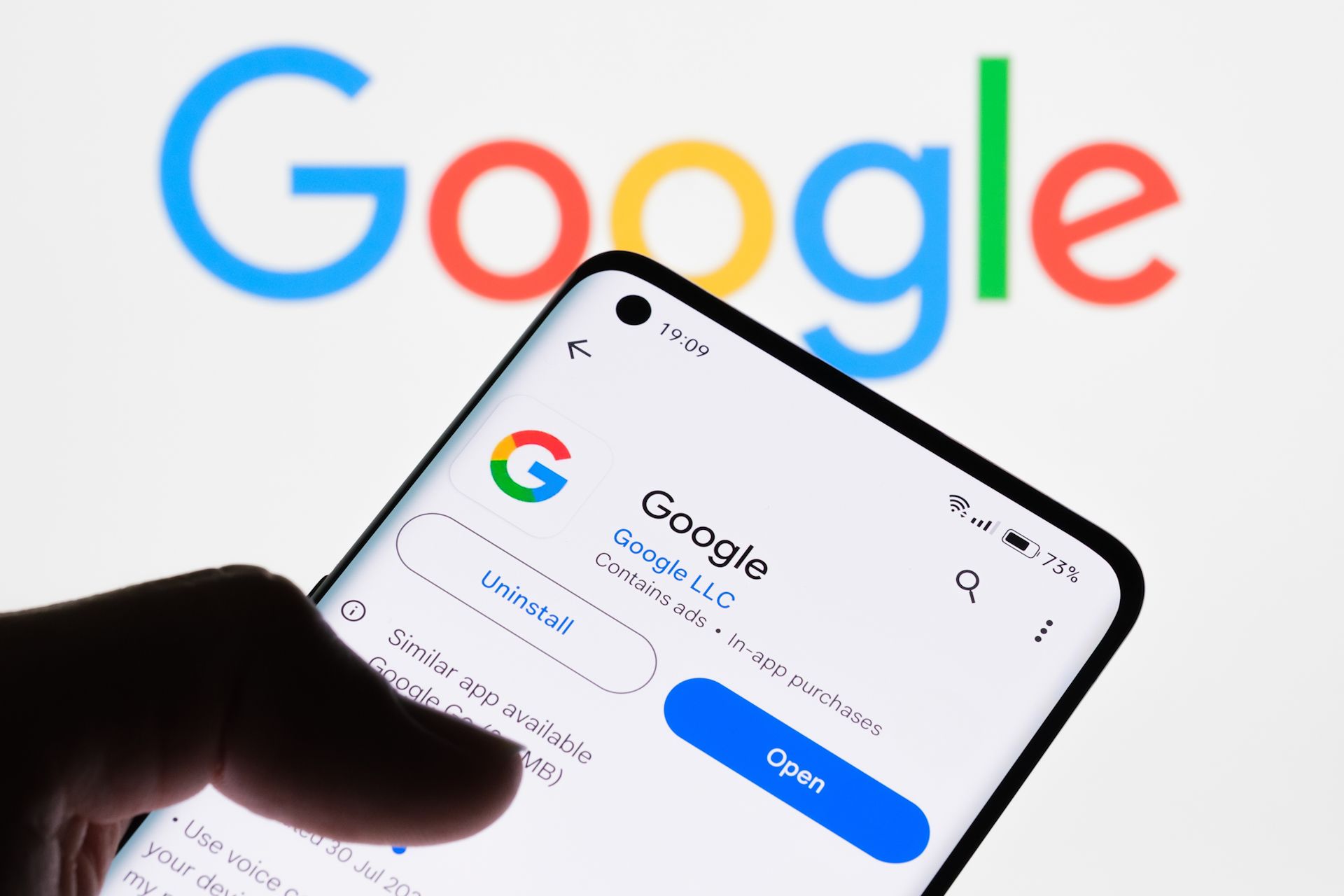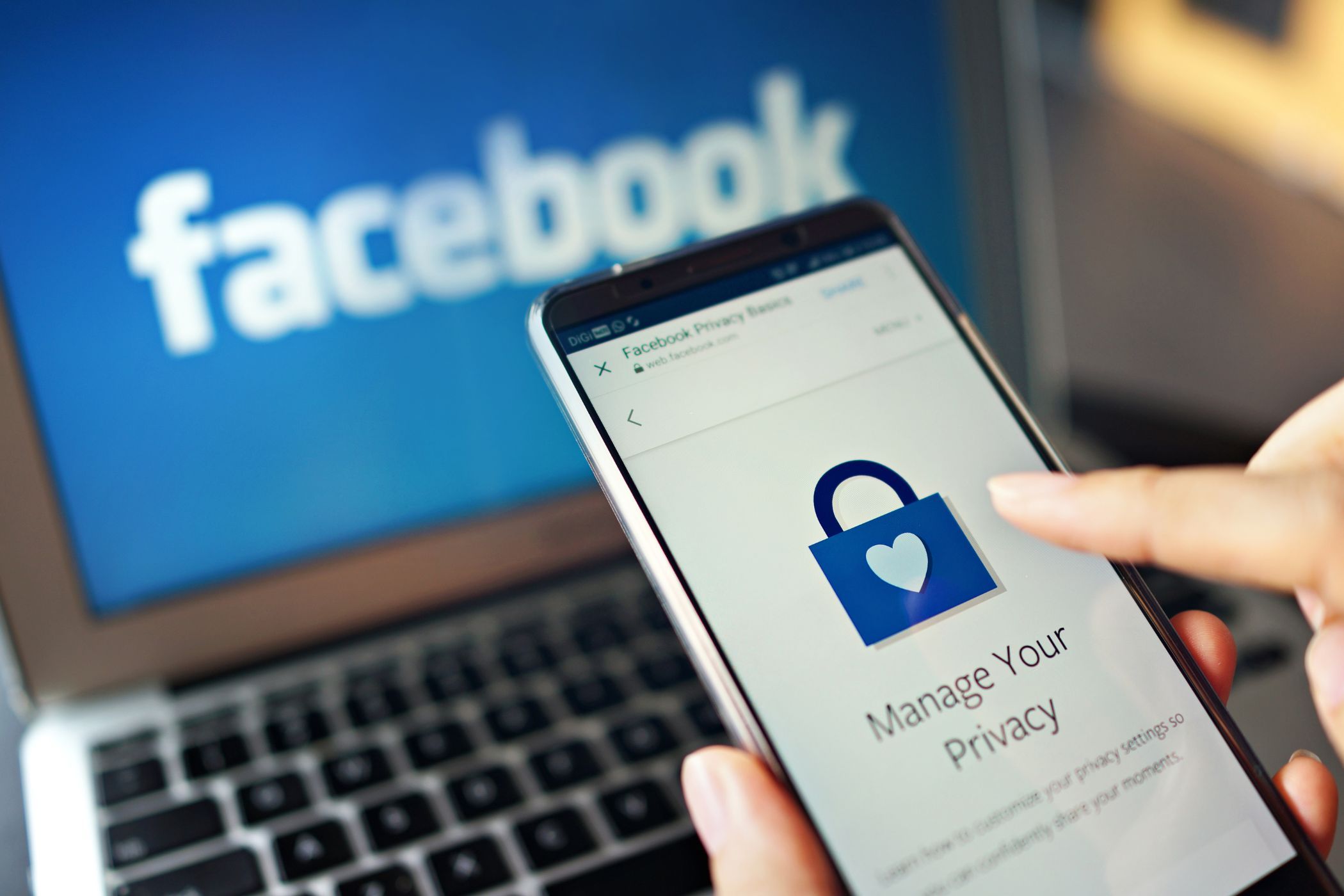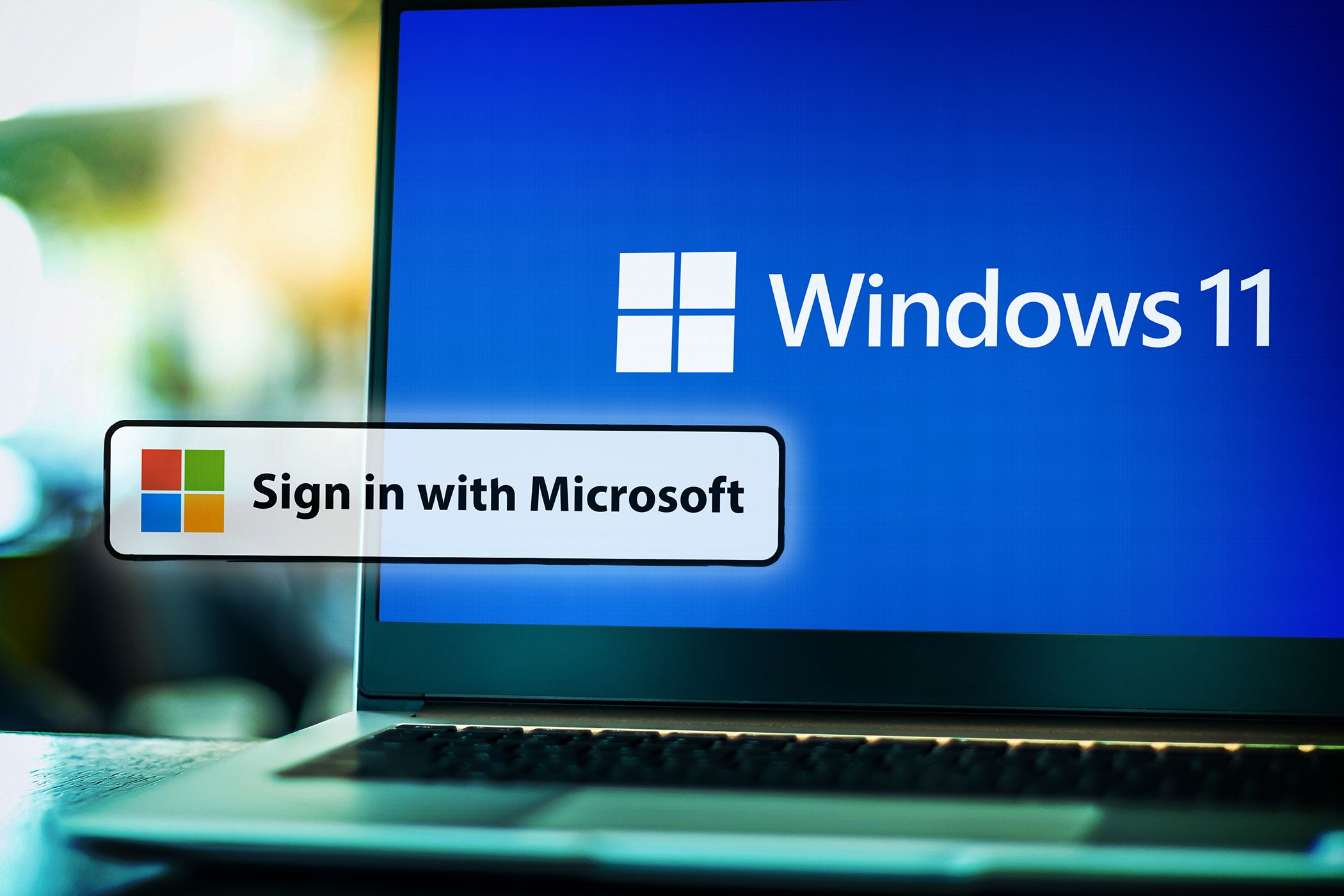I used to log in to different online services using my Facebook or Google account. However, after learning the downsides of using social logins, I avoid them like the plague.
4
Social Logins Create a Single Point of Failure
Despite social logins’ convenience, one of the major downsides is that they create a single point of failure. You’re betting you’ll always have access to your primary social account, as it’s the key to all your online services.
If anything happens to your social account (like it getting hacked or even suspended), you could lose access to all your linked accounts. I know that’s an extreme example, but even minor issues, such as your social login provider experiencing downtime, can prevent you from accessing any of your accounts.
By using email and password or passwordless authentication techniques, I reduce the risk of losing access to my accounts if my primary account becomes compromised or inaccessible.
3
They Take Away Control Over Your Accounts
Another reason I avoid signing up with Google, Apple, Facebook, or other social login providers is because it ultimately ties your accounts and digital identity to a third party. If your social account is restricted in any way, you can’t access all your other accounts.
By using email-based logins with strong passwords, you retain full control over your accounts and reduce the risk of losing access due to decisions made by third-party platforms.
2
Lack of Anonymity
When you use social login, forget about online anonymity since all your accounts are linked to one identity. First, your social login provider keeps track of all the apps and services that have access to your identity and thus can create a solid profile of your online activity. Secondly, all linked accounts can access your details, including your name, email, and more, which may not be ideal in every situation.

Related
Signing In With Your Google Account Is a Risk: How to Minimize the Dangers
Google Account security is important, so take precautions where possible.
To make it even worse, social login providers can also enforce real-name policies. By avoiding social login, I can create anonymous accounts using burner email addresses to browse the internet anonymously. This also comes in handy for my job, as I typically have to test different apps and services, most of which I never use again or don’t trust enough to provide my real details.
1
Switching Providers Is Difficult
The last reason I avoid social logins is that they make it hard to switch providers. If, for instance, you use Apple to log into a given account, it’s not easy to switch to a different provider like Google and vice versa. I’ve experienced how inconvenient this can be and swore never to use social login again—unless it’s the only way to sign up for a service.
Using social login makes signing up and logging in to different apps and websites easy. However, I much prefer using email and password or passwordless login as it gives me freedom.



